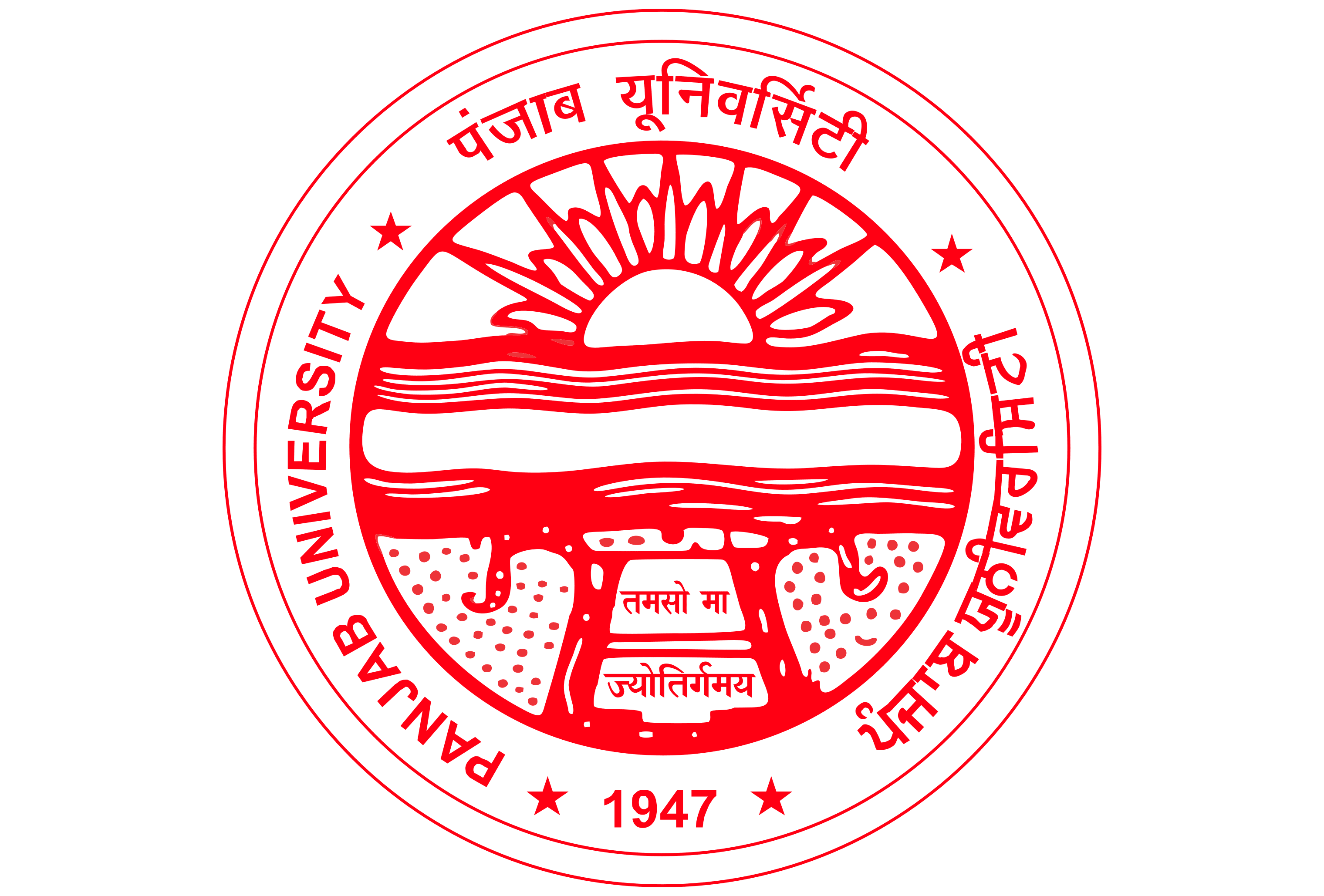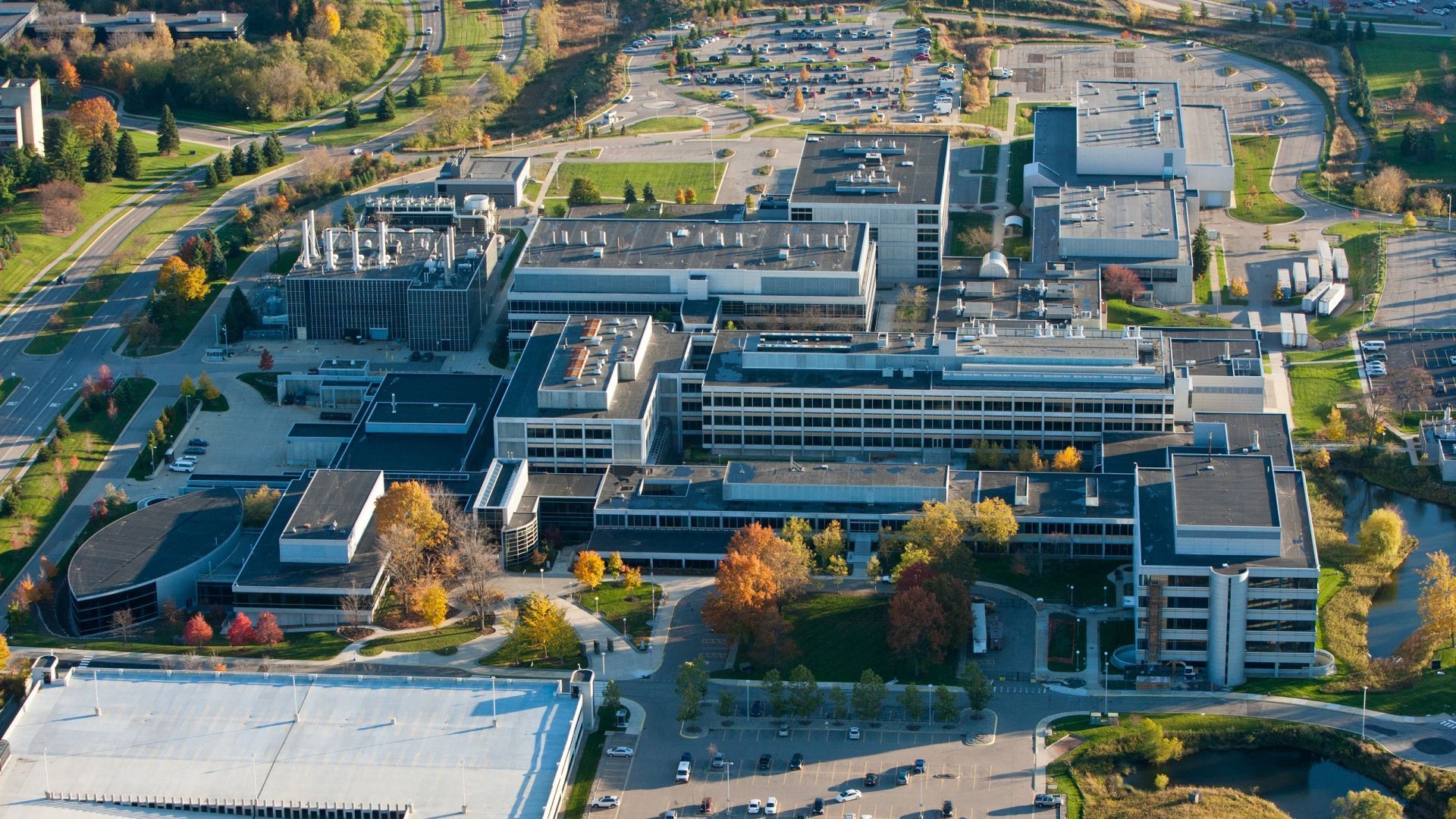
Panjab University

Renu Vig (Vice-Chancellor)
Summary
Panjab University, established in 1882 in Lahore and now situated in Chandigarh, stands as one of India's premier academic institutions. Established initially in Lahore then moved to Chandigarh in 1958, where its large 550-acre campus has academic, residential, and recreational facilities. Affiliated with nearly 194 colleges and 6 constituents across Punjab state and Chandigarh Union Territory, the university offers a broad spectrum of courses including science, humanities, social sciences, performing arts, and sports. Its academic departments, spread across various faculties, are complemented by specialised research centres and institutes, promoting a culture of excellence in teaching, research, and community engagement.
In terms of global recognition, Panjab University has secured notable positions in prominent university rankings. Internationally, it has been ranked within the range of 1001-1200 in QS World University Rankings 2024, with a commendable standing of 301-350 in Asia. Domestically, the university has garnered acclaim from the National Institutional Ranking Framework (NIRF), securing the 44th position overall in 2023. Additionally, Panjab University has earned accolades for its specific disciplines, ranking 25th among universities, 33rd in research, 82nd in management, 34th in dental studies, and an impressive 8th in pharmacy within India as per NIRF's assessments.
History
Panjab University has its roots in the University of the Punjab, which was established in Lahore in 1882 during the British colonial era. The primary aim of the University of the Punjab was to provide higher education opportunities in the region, catering to the educational needs of students from diverse backgrounds. Over the years, the University of Punjab grew in stature and reputation, becoming a prestigious institution known for its academic excellence and contributions to the intellectual and cultural fabric of the Indian subcontinent.
Following the partition of India in 1947, discussions arose about the future of the University of the Punjab. With the partition came the division of the university, as representatives from East Punjab advocated for the establishment of a separate institution to serve the educational interests of the newly formed state. As a result, on October 1, 1947, the East Punjab University was established, marking a significant milestone in the educational history of the region.
Initially headquartered in Solan, Shimla, East Punjab University faced numerous challenges in its early years. With no permanent campus of its own, the university operated from various temporary locations, including Hoshiarpur, Jalandhar, Delhi, and Amritsar. Despite these challenges, the university remained steadfast in its commitment to providing quality education and fostering academic excellence.
In 1956, a pivotal moment occurred when the East Punjab University was relocated to Chandigarh, the newly constructed capital of Punjab. This move provided the university with a permanent home and modern facilities, laying the foundation for its continued growth and development. The Chandigarh campus, designed by renowned architects Pierre Jeanneret and Le Corbusier, reflected the architectural trends of the time and offered an ideal environment for learning and research.
With the reorganisation of Punjab in 1966, the university underwent further changes, becoming an Inter-State Body Corporate serving Punjab, Haryana, and Himachal Pradesh, along with the Union Territory of Chandigarh. This restructuring expanded the university's reach and solidified its position as a leading educational institution in the region, cementing its status as Panjab University.
Over the decades, Panjab University has continued to evolve and expand its academic offerings, research initiatives, and community outreach programmes. Today, it offers a wide range of disciplines, including science, humanities, social sciences, performing arts, and sports. Its network of affiliated colleges across Punjab state and Chandigarh Union Territory further enhances its impact in the region, extending its reach to students from diverse backgrounds and communities.
Panjab University's commitment to academic excellence is evident through its accreditation by NAAC at the five-star level, the highest possible rating. Additionally, its consistent presence in prestigious university rankings, both nationally and internationally, highlights its reputation as a centre of learning and innovation.
As Panjab University celebrates over a century of academic legacy, achieved significant global recognition by securing high rankings among universities. In the QS World University Rankings 2024, it is placed internationally between 1001 and 1200, with an impressive ranking of 301-350 in Asia. The institution has received recognition on a national level from the National Institutional Ranking Framework (NIRF), which placed it in 44th place overall in 2023. Furthermore, Panjab University has received recognition for its particular fields of study. According to NIRF rankings, it is ranked 25th among Indian universities, 33rd in research, 82nd in management, 34th in dentistry studies, and an astounding 8th in pharmacy.
Courses
Panjab University offers a diverse range of academic programmes spanning various disciplines. For those pursuing advanced research, the university provides Ph.D. courses in fields such as commerce, defence studies, economics, education, geography, history, music, philosophy, political science, psychology, and sociology. Language enthusiasts can opt for Ph.D. studies in Chinese/Tibetan, English, French, Hindi, Punjabi, Russian, or Urdu/Persian. Additionally, the university offers Ph.D. programmes in disciplines like anthropology, biochemistry, biophysics, biotechnology, chemistry, computer science, environmental studies, geology, microbiology, physics, statistics, and zoology.
Moreover, Panjab University offers M. Phil. courses in subjects like economics, Gandhian studies, geography, political science, psychology, public administration, sociology, women/gender studies, and various languages. Post-M. Sc. courses in accelerator physics and advanced scientific computation are also available for those seeking further specialization. The university further caters to professional undergraduate and postgraduate studies, including courses like BDS, LL.B., LL.M., B.Ed., M.B.A., MCA, M.Com., B. Pharma, M. Pharma, and M.A. physical education, among others.
For master's level studies, Panjab University provides a broad spectrum of courses such as biotechnology, mathematics, statistics, economics, history, psychology, sociology, and public administration. Additionally, specialised programmes like stem-cell and tissue engineering, medical physics, nuclear medicine, and social work are offered. Undergraduate programmes like B.Sc. and M.Sc. (Hons. School) cover subjects including biochemistry, botany, chemistry, computer science, microbiology, and zoology. Engineering aspirants can pursue B.E. degrees in fields like chemical, food technology, biotechnology, electronics & communication engineering, and mechanical engineering, among others.
Furthermore, the university provides certificates, diplomas, advanced diplomas, and postgraduate diploma courses in languages such as Chinese, French, German, Persian, Russian, and Tibetan, as well as in various disciplines. Certificate courses in art appreciation and short-term courses in instrumental analysis are also available. The Department of Evening Studies offers undergraduate and postgraduate programmes in subjects like English, economics, history, and political science. Panjab University also caters to distance education programmes, offering degrees, diplomas, and certificates in subjects like arts, commerce, education, management, and mass communication.
Global MBA rankings
- According to the QS World University Rankings of 2024, it holds a commendable position, ranking between 1001 and 1200 globally.
- Panjab University is ranked 759 in Best Global Universities.
- Panjab University has been ranked 1201–1400 in the QS World University Rankings of 2023 and 301–350 in Asia.
- In the Times Higher Education World University Rankings of 2023, it was positioned at 801–1000 globally, 201–250 in Asia, and 201–250 among emerging economies.
General information
- Panjab University (PU CHD): Fees, Admissions 2024| Shiksha
- Panjab University| Wikipedia
- Panjab University: Courses, Fees, Admission 2024, Cutoff| Collegedunia
Panjab University, Chandigarh| Facebook
Explore the latest data on Business, Industry Leaders and Influencers, Organizations, Education, and Investors to stay informed and ahead.

Renu Vig (Vice-Chancellor)
